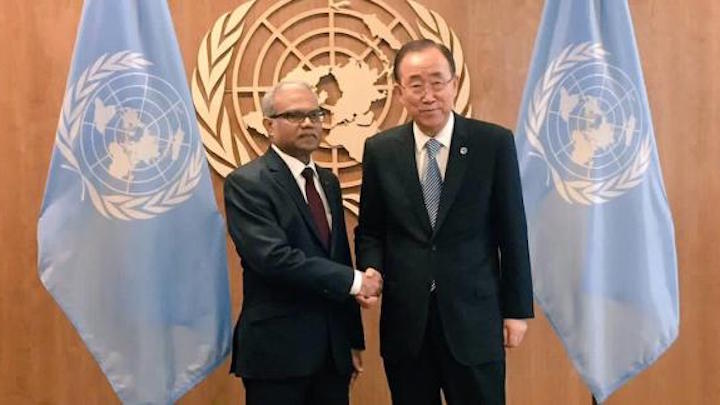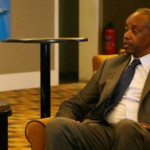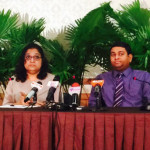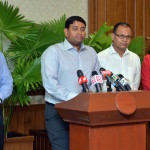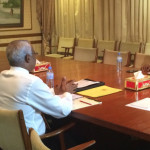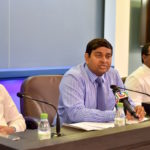UN secretary general Ban Ki-moon has renewed calls for dialogue between the Maldivian government and political parties, urging the government and the opposition to prioritise national interest and democracy.
In a statement on Friday, Ban said he was concerned that “increasing polarisation” in the Maldives had made dialogue among the government and political parties increasingly difficult.
“The secretary general strongly encourages all concerned to work toward an inclusive dialogue aimed at finding mutually acceptable solutions based on compromise, the primacy of the national interest and the preservation of democratic principles and institution.”
The UN is ready to support “ an inclusive and genuine dialogue and continue facilitation efforts,” the statement added.
The Maldives has been embroiled in political turmoil since the 2015 arrest and jailing of former President Mohamed Nasheed on terror charges. In response to the ensuing mass protests, the government jailed more opposition figures and cracked down further on political parties and the press.
Ban had previously urged the government to grant clemency to Nasheed as a gesture of good faith to advance political dialogue, and appointed a UN envoy to facilitate talks.
Tamrat Samuel visited the Maldives in April and July to hold proximity talks, but left without any sign of progress. A key roadblock was the opposition’s demand for the release of their leaders, according to the government.
In September, the Commonwealth warned the Maldives of suspension from its councils if both sides failed to initiate “time-bound dialogue without preconditions”.
At the time, both the government and the opposition accepted the call, with the Nasheed’s Maldivin Democratic Party and its ally, the Adhaalath Party, saying it was ready to set aside its conditions.
The government also said it was open to discussing the release of jailed politicians.
Days later, the president’s office demanded that political party representatives must be approved by the party’s governing councils and said it would not negotiate with individuals serving jail sentences.
Then on October 13, the government quit the Commonwealth.
The MDP has welcomed Ban’s Friday statement, saying dialogue was needed to prevent further human rights violations in the Maldives.
“It is with regret we note that the talks held between MDP and the government have previously broken down due to insincerity and non-commitment on part of the government to hold a meaningful dialogue, despite the fact that MDP had repeatedly compromised on its stance and relented on its pre-conditions,” said Hisaan Hussain, the MDP’s legal director.
The president’s office was not responding to calls for comment.
In November, Fisheries Minister Dr Mohamed Shainee told pro-government news outlet Avas that the government remains committed to talks despite leaving the Commonwealth.
“We haven’t been able to start the talks because we’re still waiting for the names of the representatives. Once we receive the names we would inform the UN envoy. We will hold the talks with the UN envoy,” Shainee was quoted as saying.

